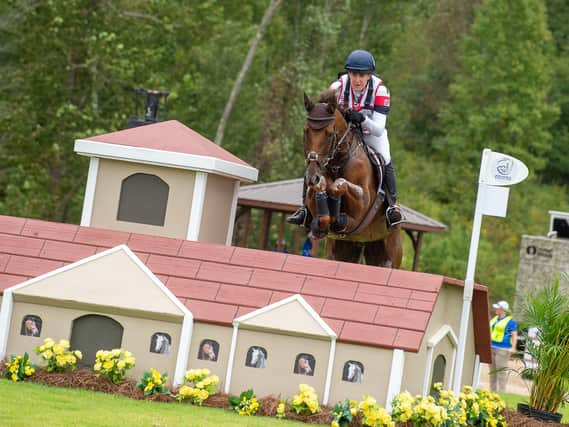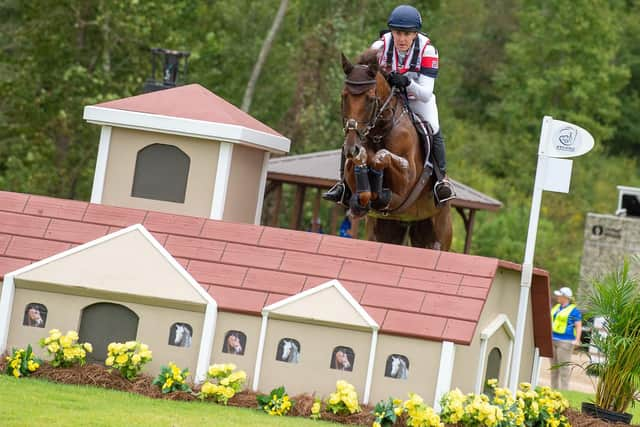BAE Systems boffins jump to it to help elite horse riders


The project is part of BAE Systems’ partnership with UK Sport and will support the teams transporting horses to major competitive events throughout the season.
The performance of horses flying to international competition can be adversely affected by the symptoms of long haul air travel.
Advertisement
Hide AdAdvertisement
Hide AdSo engineers at BAE Systems were asked to provide a technical solution to overcome the impact of long haul travel to ensure the animals arrive in a peak state of health and fitness.


The specialist team at BAE Systems produced unit called Equus-Sense for the British Equestrian Federation.
The system covers elements including sound, temperature, vibration, humidity, dust levels and oxygen.
It allows trainers to evaluate the individual conditions of horses upon arrival at competitions.
Advertisement
Hide AdAdvertisement
Hide AdHenry White (inset) , UK Sport Partnership Lead at BAE Systems, said: “Applying such technology to horse transportation had its challenges. But our expert engineers have developed such a system allowing the equestrian competitors to benefit and help gain an advantage”
Karen Norris of Eccleston Equestrian Centre said: “Monitoring horses health while flying is paramount as horses often suffer during and after long flights.”
BAE Systems employs around 10,000 people at its sites in Warton and Samlesbury.